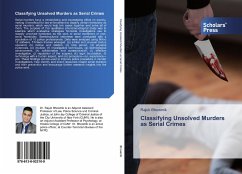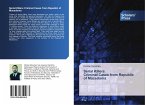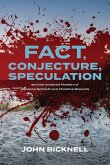Serial murders have a destabilizing and traumatizing effect on society, making it beneficial for law enforcement to classify certain homicides as serial murders, which would help link cases together and solve all of them. The purpose of this qualitative phenomenological study was to examine which evaluative strategies homicide investigators use to classify unsolved homicides as the work of serial murderers or non-serial homicides. Semistructured interviews were conducted with a population of 10 police professionals. Data were analyzed using NVivo 12 software. Thirteen themes emerged: (a) similar and unusual modus operandi, (b) motive and relation, (c) time period, (d) physical evidences, (e) intuition, (f) investigative techniques, (g) technological advancement, (h) collaboration and communication, (i) effective investigation, (j) reputation of the suspect, (k) legal boundation, (l) technology with a human aspect, and (m) procedure-no, experience-yes. These findings can be used to improve police procedure in murder investigations, help identify and direct resources toward serial murders and their prevention and encourage further research insights into the police work.
Bitte wählen Sie Ihr Anliegen aus.
Rechnungen
Retourenschein anfordern
Bestellstatus
Storno








